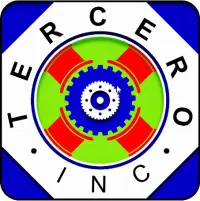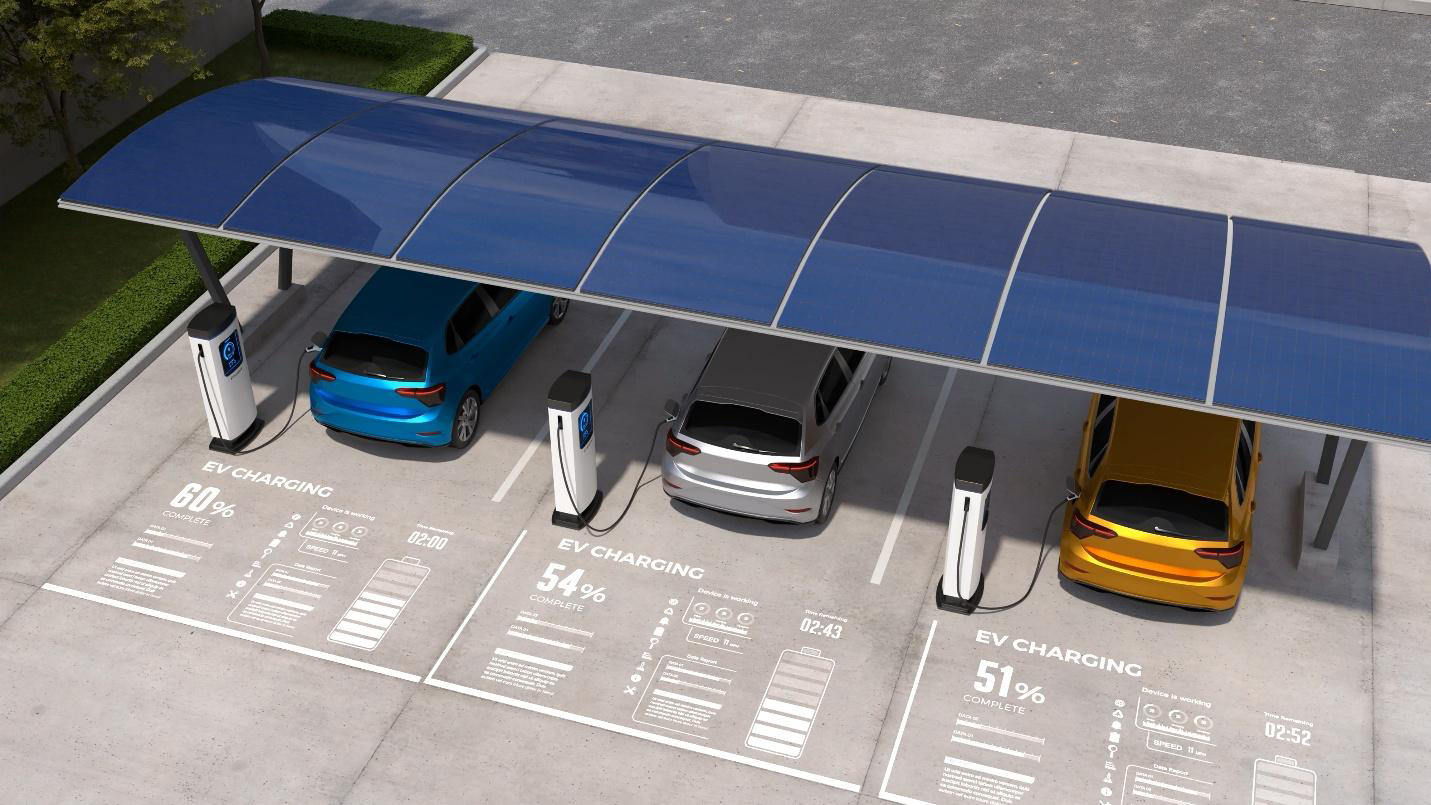Summary
DC fast charging stations are key EV charging infrastructure that allows drivers to overcome range anxiety. They also provide businesses with an additional revenue stream, improved brand reputation, and a range of government-supported perks. While the infrastructure itself is expensive, the long—and short-term benefits help reduce the burden and position your business for sustained growth.
Table of Contents
Are DC fast charging stations worthwhile? Many of our clients inquire about the cost of purchasing, installing, and maintaining direct current electric vehicle charging stations. The short answer to that question is yes. The long answer is that electric vehicle charging stations are obscenely expensive, but you don’t have to bear the cost alone.
At Tercero Inc., our commercial electricians will help you navigate the complex EV charging space by examining the various cost-cutting measures, long and short-term benefits, and future trends in the business.
What is a DC Fast Charging Station?
A DC fast charging station, also known as a level 3 charger, is the quickest and most powerful EV charging solution available. It can generate between 50 and 350 kW, adding 173 to 298 miles of range in just one hour.
Unlike AC charging methods, which are slower and better suited for overnight charging at home, DC fast charging is intended to supply high-powered direct current directly to an EV’s battery. This technology considerably reduces charging periods, allowing drivers to swiftly recharge their batteries during extended trips or when time is of the essence.
While the infrastructure supporting DC fast charging is prohibitively expensive, a fast-charging station is a significant investment that can increase the value of your property, improve your brand’s reputation, and help drive up revenue.
Benefits of DC Fast Charging Stations
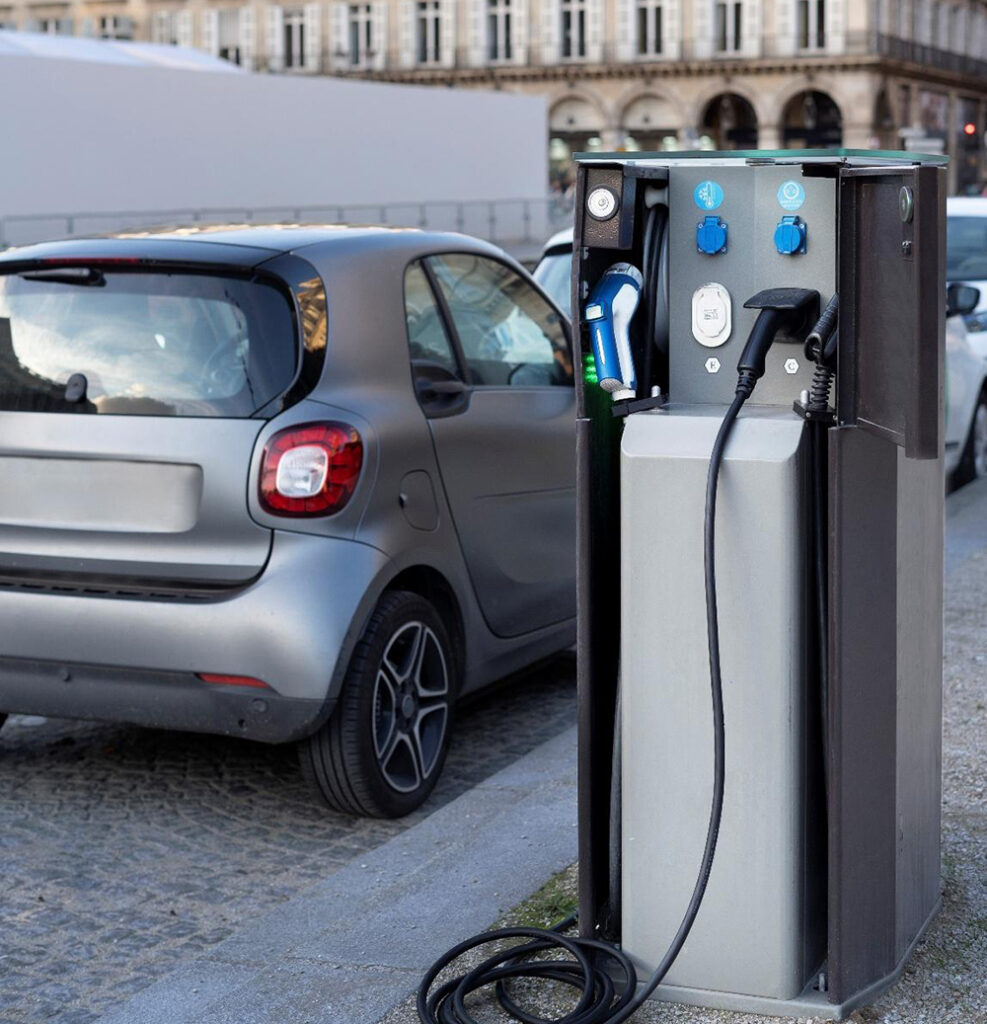
Whether you’re a business looking to integrate EV charging into your operations or an organization trying to enhance business offerings and employee perks, installing DC fast chargers can improve key business operations in several ways.
Attracting Customers
Installing DC fast chargers on your premises will increase your customer base, especially EV owners seeking efficient charging alternatives. This diversified client base will trickle down to your other businesses as drivers visit and spend time in retail shops, restaurants, or other businesses on the property.
Enhancing Customer Experience
Time is of the essence when it comes to charging electric vehicles. DC fast chargers can significantly reduce wait lines by adding 173 to 298 miles per hour of charging. The charging speed not only enhances customer experience and ensures convenience but also encourages the adoption of electric vehicles.
Supporting Corporate Sustainability Goals
Installing DC fast charging equipment aligns with corporate responsibility initiatives by promoting environmental sustainability and cleaner transportation. Showing your commitment to sustainability and environmental preservation will attract environmentally conscious customers and improve your reputation.
Generating Additional Revenue
You can monetize DC fast chargers by offering pay-per-use systems or partnering with EV charging networks. The added revenue stream can help to offset installation and operating costs while also supporting corporate growth.
Future-Proofing Infrastructure
As electric car usage grows, companies that invest in fast-charging technology enjoy a competitive edge, consolidating their position as pioneers in sustainable transportation. DC fast chargers also support future growth, allowing you to scale up your operations as needed.
4. Types of DC Fast Chargers
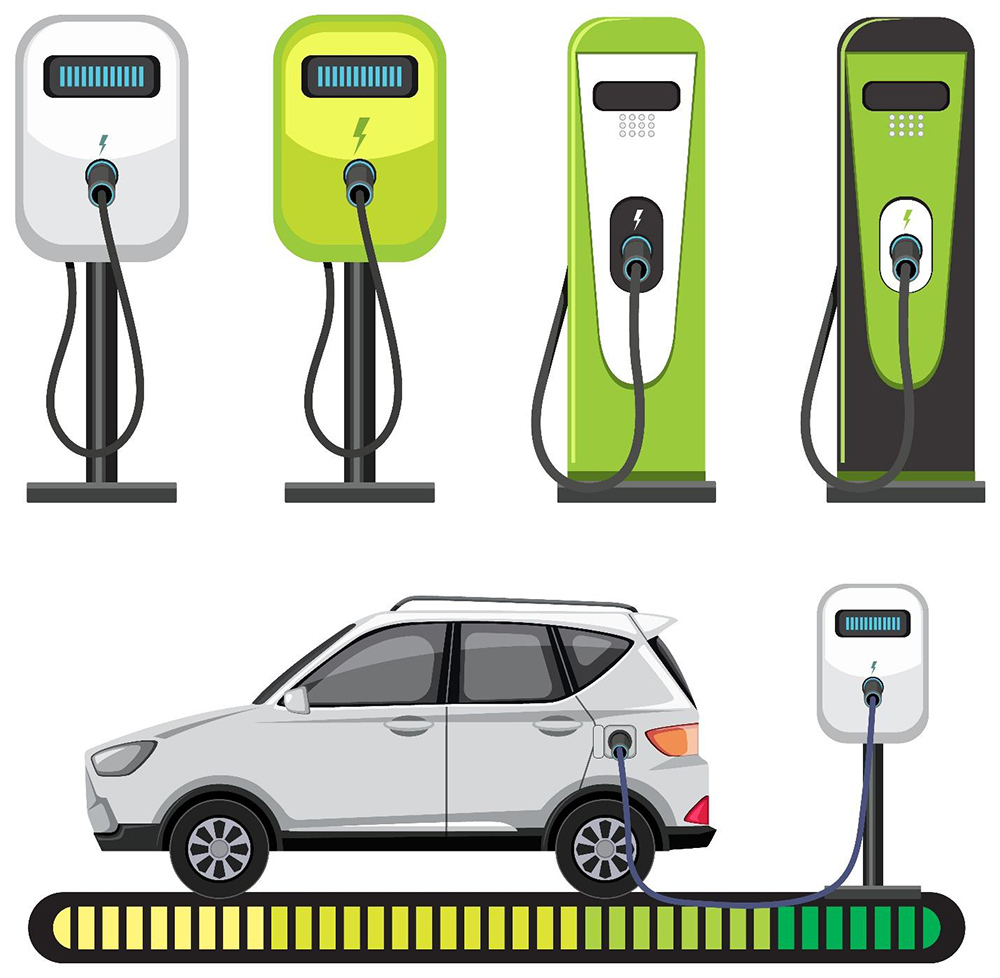
There are several types of DC fast chargers available, each optimized for a certain car make and model. Understanding the various charger types is critical for both EV owners and charging network operators.
CHAdeMO
CHAdeMO is a DC standard for electric vehicles. It is designed by Japanese manufacturers and operates utilizing a special socket and protocol that facilitates faster charging.
Combined Charging System (CCS)
The combined charging system (CCS) adheres to open and universal electric car charging standards. It combines single-phase, three-phase, and DC high-charging in a single plug, making it appropriate for a wide range of electric vehicles. CCS allows quick charging from 50 kW to 350 kW.
Tesla Supercharger (NACS)
Tesla superchargers are Tesla’s proprietary charging technology. This technology utilizes a unique plug compatible with only Tesla vehicles, though manufacturers have started integrating CCS connectors into newer vehicles and superchargers. Tesla superchargers can deliver up to 250 kW.
Cost Analysis of DC Fast Chargers
The cost of DC fast charging stations varies by brand, model, and power output. On average, the chargers cost between $30,000 and $150,000 per unit. Several factors can influence the cost of DC fast chargers, including:
Charging Power and Speed
One of the most significant factors affecting the price of DC fast chargers is speed and charging power. Chargers that support faster and higher charging power represent the peak of EV charging technology and are, therefore, more expensive.
Hardware and Technology
The hardware and technology utilized in DC fast chargers might influence the overall cost of the equipment. Some chargers use high-quality materials and modern technology, which might raise the cost. In addition, more expensive DC fast chargers include features like connectivity and smart charging.
Installation and Maintenance Cost
Installation and maintenance are two additional variables that might raise the cost of DC fast chargers. Some chargers require extensive installation work, such as electrical modifications and trenching, which raises the entire cost.
Are DC Fast Charging Stations Worth the Investment?
DC fast charging stations are more than simply a business; they provide an important service that can generate a return on your investment over the life of the equipment. While the initial investment cost may seem discouraging, the long-term projections and associated advantages to your core business are sufficient to cover continuing maintenance and operational expenses.
If you’re in doubt, here are some ways that installing DC fast charging stations could be worth it for you:
- Increased customer loyalty and brand awareness
- Tax rebates and grants from federal, state, and local government
- Revenue generation from pay-as-use charging system
- Foot traffic to your premises boosting customer attraction and revenue
- Increased property value.
DC fast chargers should be viewed as a long-term investment with significant growth potential. As more consumers switch to electric vehicles, your profit margins will grow.
Future Trends in DC Fast Charging Technology
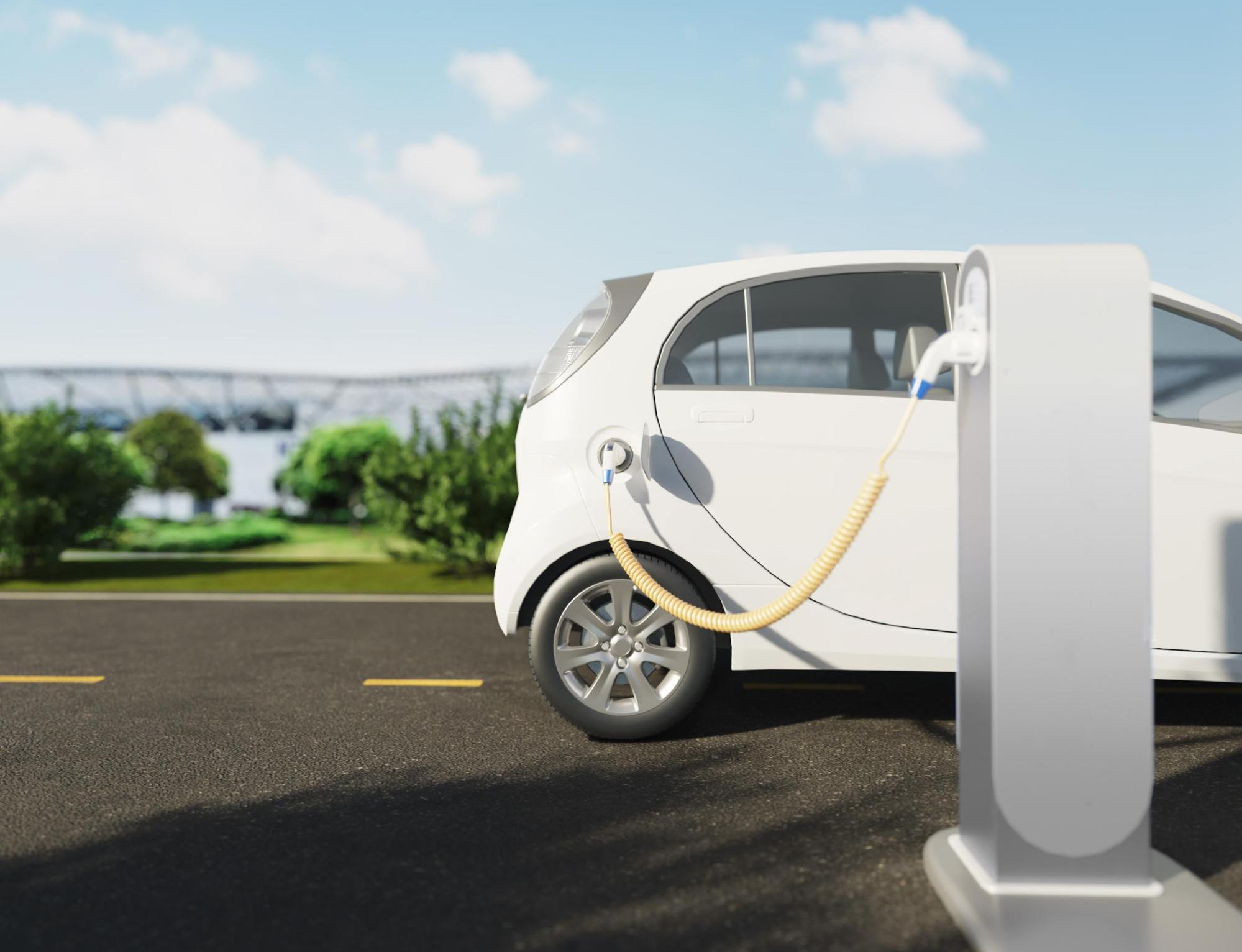
The EV charging market is still in its early stages, so there is much to look forward to in the future. As a leading provider of EV charging solutions, some of the future developments that can increase the efficiency of your DC fast charging station include:
- The use of vehicle-to-everything (V2X) technology will improve the integration of electric vehicles, the grid, and energy systems, hence increasing efficiency and sustainability.
- 800-volt charging platforms to enable faster charging and overcome range anxiety.
Conclusion
DC fast charging stations are the peak of electric vehicle charging technology. While the initial installation cost might be prohibitive, the long and short-term gains are enough to offset it and more. Some short-term benefits you can look forward to include tax rebates and grants, increased property value, and customer attraction. For more information on DC fast charging stations, contact us at Tercero Inc.
FAQs
Yes, DC fast charging can help EV drivers add a lot of range to their vehicles in a relatively short time. It also presents valuable business opportunities to businesses.
A typical DC fast charger costs between $30,000 and $150,000 per station, depending on the model, specifications, and features included.
A DC fast charger can charge an EV up to 80% in as little as 20 minutes.
DC fast chargers are expensive because the equipment required is complicated to build.
A significant downside of DC fast charging is the high upfront infrastructure cost. These chargers also require specialized installation, adding to an already expensive budget.
No, DC fast chargers do not negatively impact EV batteries. They are equipped with safety measures that protect the battery and charger from voltage surges.
A DC fast charger can provide your vehicle between 50 kW to 350 kW.
DC fast chargers are ideal for charging EVs that need to get back on the road quickly or in high-traffic corridors.
Yes, Tesla has its own DC fast charger, the Tesla Supercharger (NACS). This charger can deliver up to 250 kW to your vehicle.
Unfortunately, you can not install DC fast chargers at home because of regulatory and safety issues.
